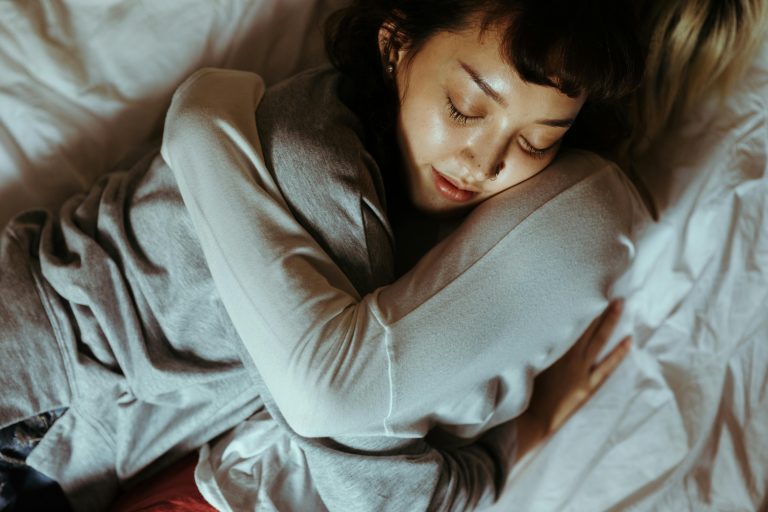Exposure to blue light from screens and electronic devices can significantly impact your sleep quality and overall health. Understanding the effects of blue light and implementing solutions to minimize its impact can help you achieve better sleep and improve your well-being. Here’s a comprehensive look at how blue light affects sleep and strategies to mitigate its effects:
Effects of Blue Light on Sleep
- Disrupted Circadian Rhythm:
- Melatonin Suppression: Blue light exposure, especially in the evening, can interfere with your body’s natural sleep-wake cycle by suppressing melatonin production. Melatonin is a hormone that signals to your body that it’s time to sleep.
- Shifted Sleep Patterns: Prolonged exposure to blue light can delay your internal clock, making it harder to fall asleep and wake up at desired times.
- Difficulty Falling Asleep:
- Alertness: Blue light increases alertness, which can make it more difficult to wind down and fall asleep.
- Reduced Sleep Duration: Difficulty falling asleep often leads to shorter sleep durations, which can impact overall health and well-being.
- Poor Sleep Quality:
- Fragmented Sleep: Blue light can disrupt the overall quality of sleep, causing frequent awakenings and less restorative sleep.
- Impaired REM Sleep: Exposure to blue light can reduce the amount of REM (rapid eye movement) sleep, which is crucial for cognitive function and emotional regulation.
Solutions to Minimize Blue Light Impact
- Limit Screen Time Before Bed:
- Device-Free Time: Avoid using screens and electronic devices at least one hour before bedtime to reduce blue light exposure.
- Alternative Activities: Engage in relaxing activities such as reading a book, taking a warm bath, or practicing meditation to prepare your body for sleep.
- Use Blue Light Filters:
- Device Settings: Many smartphones, tablets, and computers have built-in blue light filters or “night mode” settings that reduce blue light emission.
- Apps and Software: Install blue light filter apps or software on your devices to automatically adjust the display’s color temperature based on the time of day.
- Wear Blue Light Blocking Glasses:
- Specialized Glasses: These glasses are designed to block blue light and reduce its impact on your sleep. Wear them in the evening when using electronic devices.
- Create a Relaxing Bedtime Routine:
- Consistent Schedule: Maintain a consistent sleep schedule by going to bed and waking up at the same time every day.
- Wind-Down Activities: Establish a relaxing bedtime routine that includes calming activities to signal to your body that it’s time to sleep.
- Sleep Environment: Ensure your sleep environment is conducive to rest. Keep the bedroom cool, dark, and quiet, and invest in a comfortable mattress and pillows.
- Optimize Daytime Light Exposure:
- Natural Light: Get plenty of natural light exposure during the day, especially in the morning. This helps regulate your circadian rhythm and improve sleep quality.
- Limit Artificial Light: Minimize exposure to artificial light in the evening, especially blue light from screens and bright lights.
At IGAKU, we emphasize the importance of quality sleep for overall health. Book a consultation with IGAKU today to receive personalized guidance on managing blue light exposure and improving your sleep quality
Read our other articles here.





